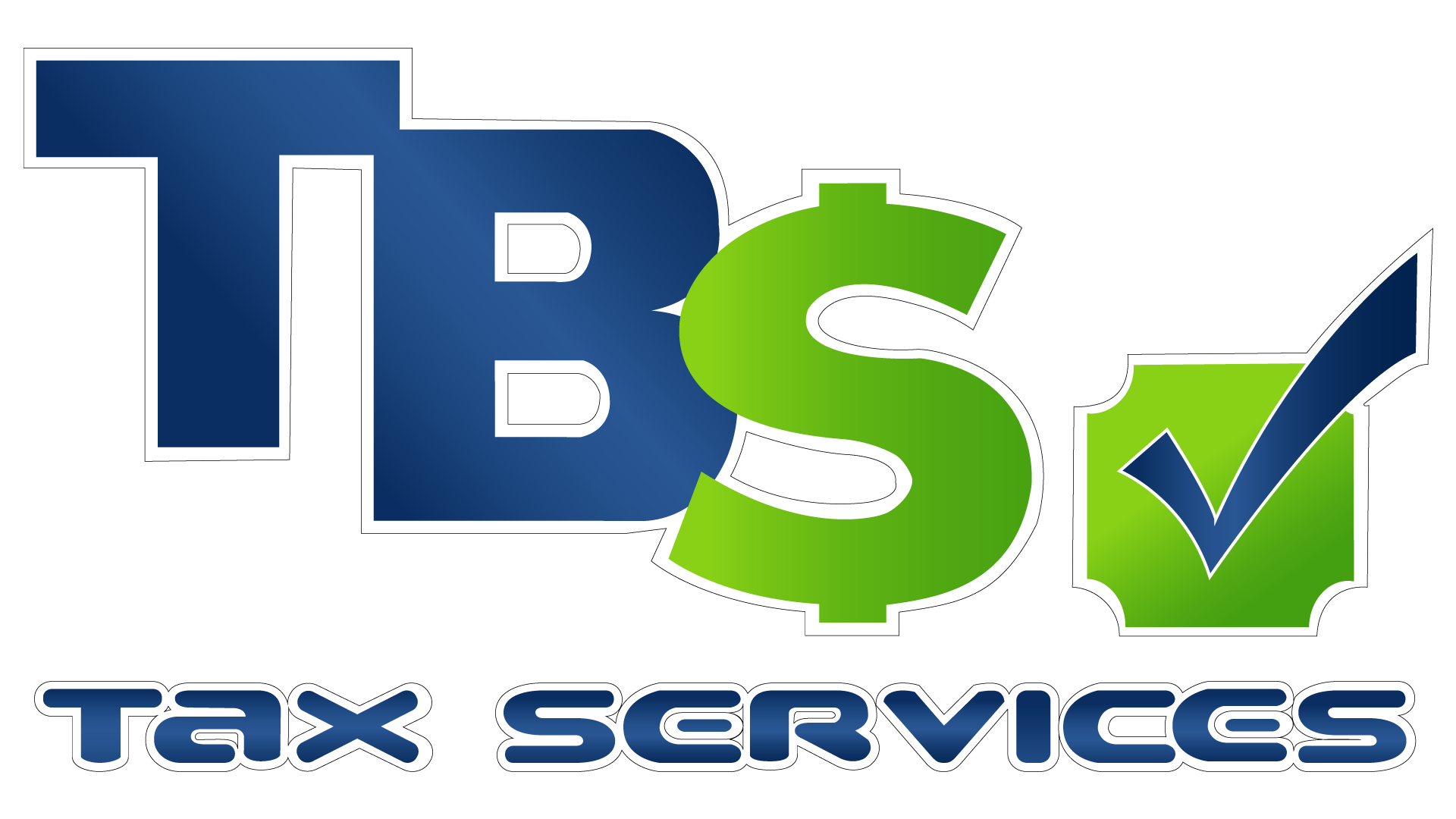Frequently Asked Questions
Here are some frequently asked questions that we commonly encounter with our tax clients.
FOR TAX
FAQ
1. What are taxes?
Taxes are compulsory financial charges imposed by governments on individuals and businesses to fund public expenditures. These expenditures can include infrastructure, healthcare, education, defense, and social welfare programs. Taxes are essential for the functioning of government and the provision of public services.
2. What types of taxes do I have to pay?
There are various types of taxes imposed by governments, including income tax, sales tax, property tax, payroll tax, and corporate tax. The specific types of taxes you have to pay depend on your income, financial activities, and jurisdiction.
3. When is the tax filing deadline?
The tax filing deadline varies depending on the type of tax and your jurisdiction. In the United States, for example, the deadline to file individual income tax returns is typically April 15th, unless it falls on a weekend or holiday, in which case it may be extended. It's important to check with your local tax authority for the specific deadlines applicable to you.
4. What documents do I need to file my taxes?
The documents you need to file your taxes vary depending on your individual or business circumstances. Common documents include W-2 forms (for employees), 1099 forms (for contractors), investment statements, receipts for deductible expenses, and any other relevant financial documents. It's essential to gather all necessary documents before filing your taxes to ensure accuracy and compliance.
5. What deductions and credits am I eligible for?
Deductions and credits can help reduce your taxable income and lower your tax liability. Common deductions include mortgage interest, charitable contributions, and business expenses. Credits, such as the Earned Income Tax Credit (EITC) and Child Tax Credit, directly reduce the amount of tax you owe. Eligibility for deductions and credits varies based on your individual circumstances and tax laws.
6. What happens if I can't pay my taxes on time?
If you're unable to pay your taxes in full by the deadline, you should still file your tax return on time to avoid penalties for late filing. You can explore options such as setting up a payment plan with the tax authority or applying for an extension to pay. Ignoring your tax obligations can result in additional penalties and interest charges, so it's essential to communicate with the tax authority and address your payment issues promptly.
7. How can I avoid tax scams and identity theft?
Tax scams and identity theft are prevalent, especially during tax season. Protect yourself by being vigilant and cautious of unsolicited communication claiming to be from the IRS or other tax authorities. The IRS will never contact you by phone, email, or social media to demand immediate payment or ask for personal or financial information. If you receive suspicious communication, report it to the IRS and take steps to safeguard your personal information.
DIDN'T FIND AN ANSWER TO YOUR QUESTION?
